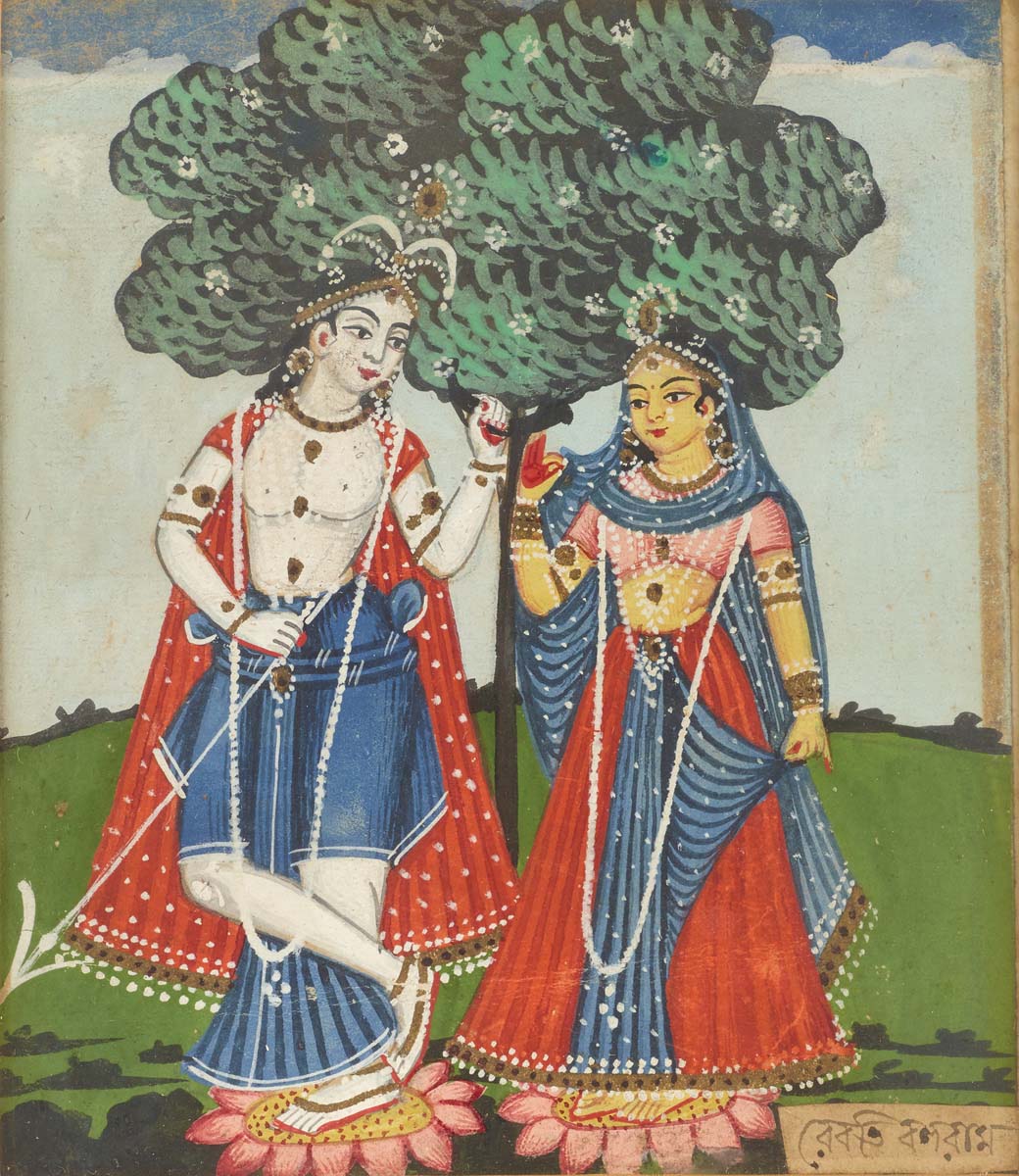
Bengali image of Balaram and Revati (wife)
The Story of Sri Revati and Balarāma
There was once a king named Kakudmi. His only daughter, Revati, was exceptionally skilled, and his kingdom was vast and prosperous—so much so that no prince seemed worthy of her hand. Moreover, Revati desired to marry the mightiest man on earth. The king would meet princes regularly, but none matched the beauty of the princess or the grandeur of the kingdom.
Unwilling to consult priests or advisors on the matter, the king decided to seek guidance directly from Lord Brahma. He requested a private audience with Brahma in his celestial abode. Brahma granted him a boon, allowing him to visit Devaloka once, and gave him the power to make the journey.
After some days, King Kakudmi and his daughter Revati traveled to Brahma’s abode. Upon arrival, they saw that a court session was in progress. Not wanting to interrupt, they respectfully waited for the proceedings to conclude. Once the court adjourned, the king approached Brahma and explained his dilemma in full.
Upon hearing the matter, Lord Brahma became concerned. He explained that time in his realm passed differently—what seemed like a moment in Devaloka equaled an entire yuga (age) on Earth. By the time their meeting occurred, one full yuga had passed, and the entire civilization of Kakudmi’s kingdom had vanished. Even worse, Revati had now aged by the standards of the earthly realm. The king and his daughter were heartbroken upon hearing this.
Brahma then told them not to despair. A new age had begun—Dvapara Yuga—the age of Lord Krishna. Brahma informed them that Lord Vishnu had incarnated as Krishna, the son of Vasudeva and Devaki. He advised them to return to Earth and seek Krishna’s counsel.
Following Brahma’s direction, the king and Revati returned to Earth and met Lord Krishna. The king shared his story with Krishna, who, moved by their plight, comforted them and asked them to return the next day.
In the meantime, Krishna discussed the matter with his elder brother, Balarama. Krishna told the king that, unlike anyone in Satyuga, there was now a man fully worthy of Revati—his brother Balarama. He suggested that Balarama marry her. The king was overjoyed at this proposal, and thus Revati and Balarama were married.
According to another version of the story, Revati was previously known as Jyotishmati, the daughter of King Chakshusha. She was born as a result of a sacred yagna and was divine in nature. From birth, she expressed the desire to marry the mightiest being in the universe. Her father first approached Indra, but Indra directed him to Vayu (the wind god), who then directed him to Parvata, who sent him to Bhumandala (Earth), who finally advised him to seek out Sheshanaga, the divine serpent of Lord Vishnu.
However, at one point, Indra cursed her, declaring she would not bear children. In response, she performed intense penance to please Brahma. Pleased with her devotion, Brahma granted her the boon that she would marry Balarama, the strongest of all. However, he also warned her that Balarama would only appear in Dvapara Yuga. Upset by the delay, she was about to curse Brahma, but he calmed her by saying that due to her father’s actions, Satyuga would pass quickly, and Dvapara Yuga would soon begin. In this way, she was reborn as Revati, daughter of King Kakudmi, and ultimately married Balarama.
The Story of Śrī Vāruṇī and Balarāma
After the great war between the Kauravas and the Pāṇḍavas, and many years of divine pastimes, Lord Balarāma, the elder brother of Śrī Kṛṣṇa, decided to retreat from royal life and spend time in solitude and pleasure. As an incarnation of Ananta Śeṣa and the Supreme Personality Himself, Balarāma’s pastimes were divine, powerful, and sometimes bewildering to ordinary mortals.
One day, desiring to enjoy the forest and riverbanks, Balarāma went to the Yamunā River with His companions. In a mood of transcendental intoxication, He drank a type of celestial liquor. Though usually such actions would be considered mundane, in Balarāma’s case, they are understood to be part of His transcendental lila, free of any material contamination.
After enjoying the cool breeze and the forest’s beauty, Balarāma called the Yamunā to come closer so He could bathe. But the river, being a personified goddess, did not take Him seriously in His apparently intoxicated state. In response, Balarāma, in divine anger, took His plough weapon and dragged the Yamunā River toward Him, changing its course. The river goddess, Yamunā Devī, then appeared in person, offered prayers, and begged forgiveness. Balarāma was pleased and bathed in the river.
It was during this joyful episode that Varuṇī, the goddess of wine and daughter of Varuṇa, emerged from the waters. She was pleased with Lord Balarāma and offered Him divine honey-liquor (madhu), prepared in the heavenly realms. According to the Bhāgavata Purāṇa, Varuṇī herself manifested and began serving Lord Balarāma, delighting in His powerful and majestic presence.
So pleased was Lord Balarāma with her service and devotion, that He accepted Varuṇī as His consort, and she became one of His wives. She is said to personify pleasure, enjoyment, and the power of divine intoxication, all under the Lord’s control.
The Story of How Śrī Vāruṇī Met Śrī Balarāma
(from Bhāgavata Purāṇa 10.65.1–22)
Śrī Śuka said:
- Once, the glorious Lord Balarāma, desiring to see His friends and well-wishers in Vraja, mounted His chariot and journeyed to Gokula, the realm ruled by Nanda Mahārāja, O foremost of the Kurus.
- The Gopa men and women of Vraja, who had long yearned for His return, warmly embraced Balarāma. He respectfully bowed to His foster parents, Nanda and Yaśodā, who welcomed Him with blessings and affection.
- They said: “O Balarāma of the Dāśārha dynasty! May You, the Lord of the universe, along with Your younger brother Kṛṣṇa, always protect us just as You protect the Yādavas.” Saying this, they seated Him on their laps, embraced Him, and bathed Him in their tears of joy.
- He respectfully greeted the elder Gopas, and received respectful obeisances from the younger ones. He met others according to their age, friendship, and relationship with Him.
- Then He approached the cowherds, joked with them, laughed, held their hands, and shared affectionate gestures. After resting and refreshing Himself, He sat comfortably while they gathered around Him.
- The Gopas, who had renounced worldly pleasures for the sake of Śrī Kṛṣṇa—He whose eyes resemble lotus petals—were asked by Balarāma about their welfare and that of their families. His voice trembled with emotion as He spoke.
- They asked: “Are all our relatives and friends in Dvārakā doing well, O Balarāma? Now that You are married and blessed with children, do You ever remember us?”
- “By great fortune, the wicked Kaṁsa has been slain and our loved ones have been freed from his cruelty. And how wonderful it is that after defeating Your enemies, You now reside in the fortified city of Dvārakā.”
- The Gopīs, though overwhelmed by separation from Kṛṣṇa, considered Balarāma’s visit an honor. Smiling through their sorrow, they asked, “Is Kṛṣṇa, the beloved of city ladies, happy?”
- “Does He remember His childhood friends, like Gopa-Dāman, His father Nanda, and mother Yaśodā? Will He ever return, even once, to see His mother? Does that mighty-armed Lord remember our humble service and unwavering devotion?”
- “For His sake, O Balarāma, we gave up our parents, brothers, husbands, children, sisters, and loved ones—ties that are most difficult to break.”
- “He cut all bonds of affection with us in an instant and abandoned us without hesitation. And yet—His sweet, captivating words! What woman could resist trusting them?”
- (Some Gopīs said): “How could the clever women of the city trust someone so fickle and ungrateful?”
(Others replied): “Once enchanted by His charming words, sweet smiles, and captivating glances, they too must have lost themselves in love.” - (Some Gopīs said): “O sisters, what need is there to speak of Him? Let us speak of something else. If He can be happy without us, then surely we too can endure without Him—though our hearts break in separation.”
- Remembering Kṛṣṇa’s smiles, sweet words, graceful gait, loving glances, and tender embraces, the Gopīs wept bitterly.
- The worshipful Lord Balarāma, master in the art of consolation, comforted them by conveying Śrī Kṛṣṇa’s loving messages—words that deeply soothed their hearts.
- Lord Balarāma remained in Gokula for two spring months—Caitra and Vaiśākha—and joyfully spent the nights in the company of the Gopīs.
- Surrounded by a circle of women, Balarāma sported with them in the moonlit gardens along the banks of the Yamunā, where a gentle breeze carried the fragrance of night-blooming lotuses.
- At that time, the heavenly Vāruṇī beverage, sent by the god Varuṇa, began to flow from the hollow of a tree, filling the entire forest with its sweet fragrance.
- Inhaling its intoxicating aroma carried by the breeze, Balarāma approached the tree and drank the nectar along with the women.
- As the Gandharvas sang His glories, Lord Balarāma enjoyed among the beautiful women, appearing just like Airāvata, the royal elephant of Indra, amidst a circle of female elephants.
- At that moment, celestial kettledrums resounded in the heavens, the Gandharvas joyfully showered flowers, and great sages praised Lord Balarāma’s heroic and divine deeds.
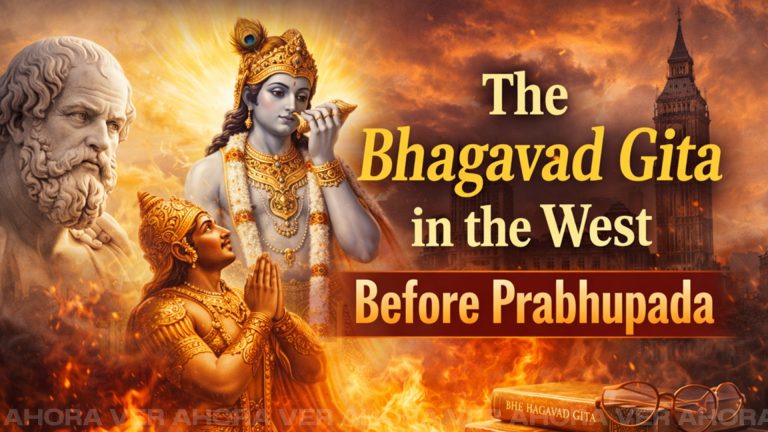
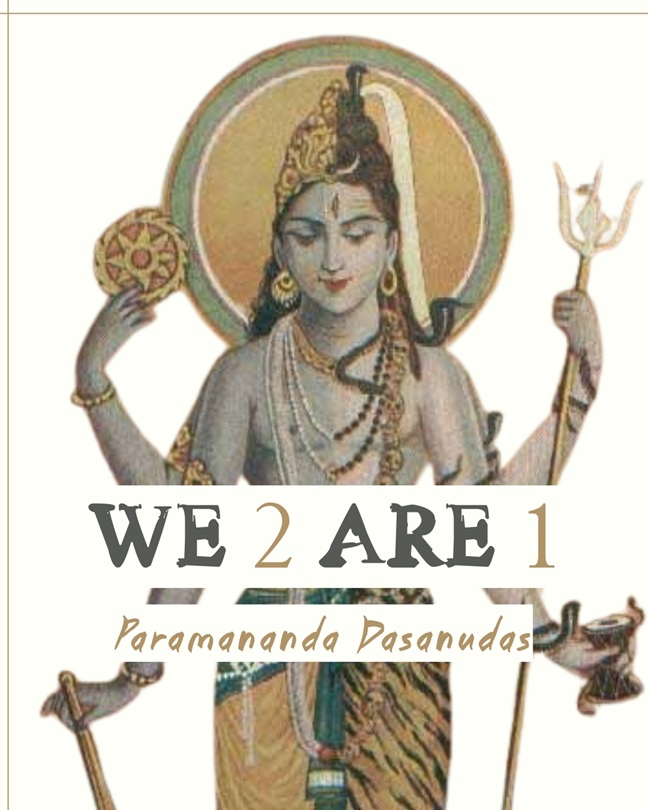
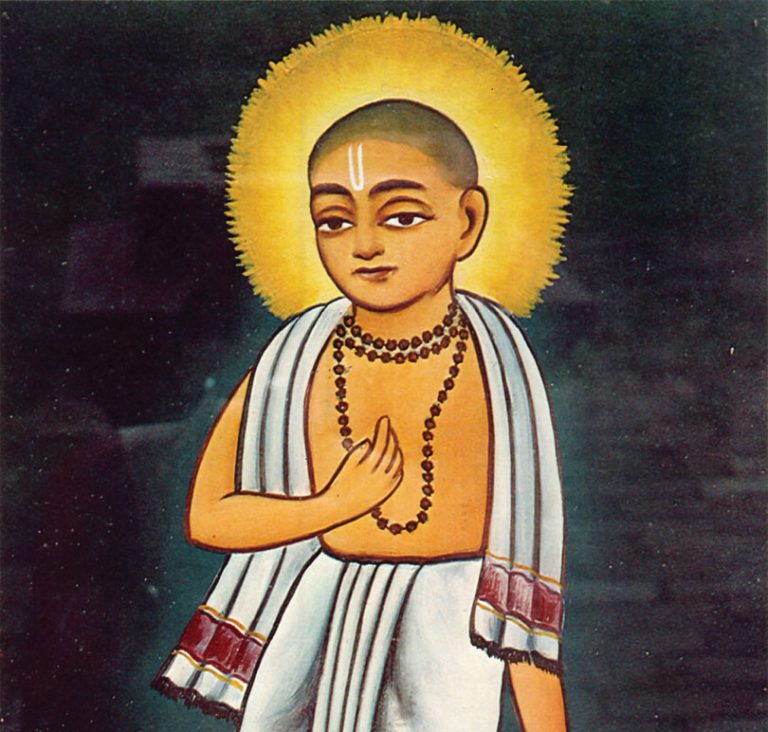
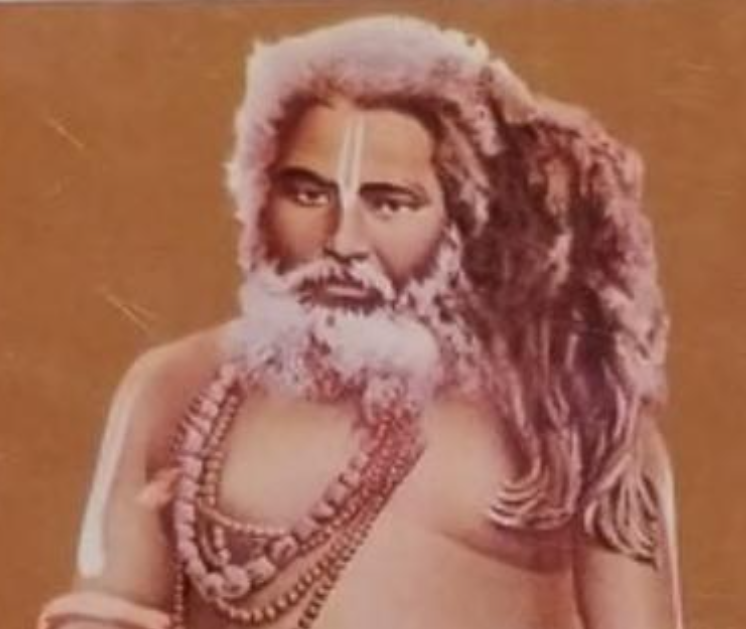
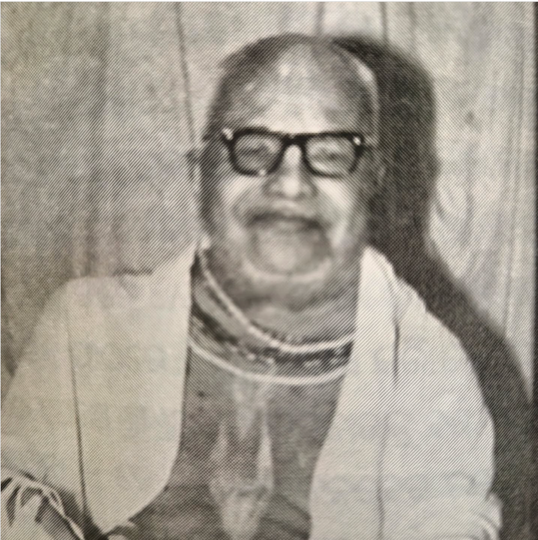
Radhe Radhe, Pranams.
Gracias por fundamentar la respuesta a la pregunta realizada en el Kata de los sábados.
🙏🙏Radheshyam 🙏🙏